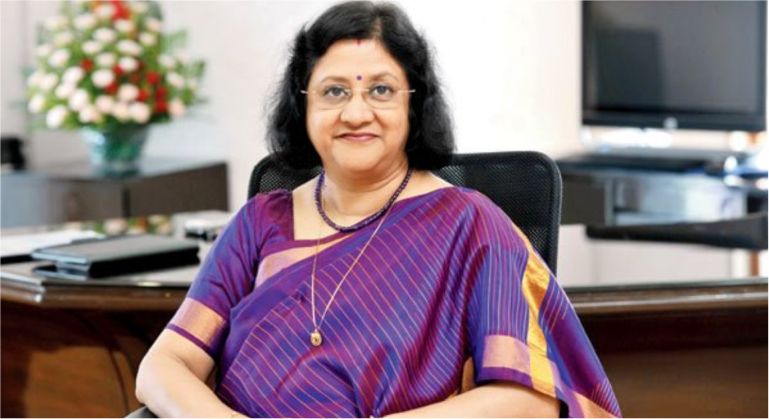Former chairperson of the State Bank of India (SBI), Arundhati Bhattacharya has said that lack of adequate financing is a major concern for women entrepreneurs. Raising funds through equity and providing collateral for debt are the two main areas in which women entrepreneurs lag behind, she felt. Bhattacharya lamented that there is still a stereotype that women can’t handle money, which holds back female entrepreneurship.
Bhattacharya, currently, the chairperson of Society for Worldwide Interbank Financial Telecommunication (SWIFT), India, pointed out that though equity is needed for a business to flourish, women find it far more difficult than men to raise money, despite the fact that women are considerably better than men in repayment of debt.
Equity here refers to the money that would be returned to a company’s shareholders if all the assets of the company were liquidated and debts paid off. Companies may periodically sell shares to raise money, either to fulfill a short-term need of paying bills, or a long-term objective of investing in its growth.
Collateral is an asset that the borrower offers as security for a loan. In the case of non-repayment of the loan, the lender can take over the property and sell it to recoup losses. Bhattacharya felt that collateral appears as a problem area for women especially when they try to scale their businesses.
Women entrepreneurs, while raising funds, are also a little shy in stating upfront the kind of growth trajectory they have envisaged for their businesses. This timidness hurts their chances of getting funds, according to Bhattacharya. She gave the examples of startup owners aggressively pitching for finance, laying out plans for growth even to the tune of 300-500%. Women entrepreneurs, however, are much more muted in this regard.
The former SBI boss highlighted that there are only about 19% women entrepreneurs in India, and often women as only figurative heads in companies, with the men functioning as the real decision-makers from the background.
Bhattacharya has been a prime example of women breaking the glass ceiling in the corporate sphere. She was the first woman chairperson of the largest PSU lender in the country – SBI in over 200 years. She was the first woman to lead an India-based Fortune 500 company. She was the only Indian corporate leader in Fortune’s list of the top-50 greatest leaders of the world, sitting pretty at 26. In 2016, Forbes ranked her as the 25th most powerful woman in the world.










